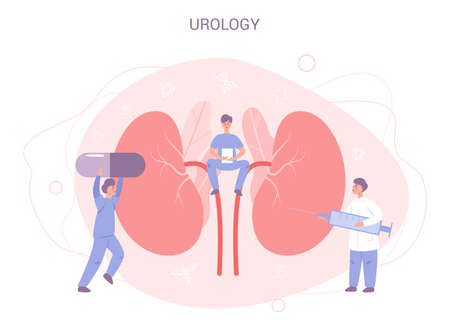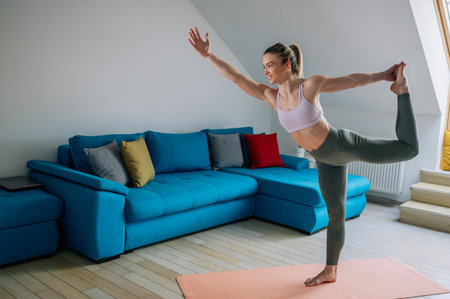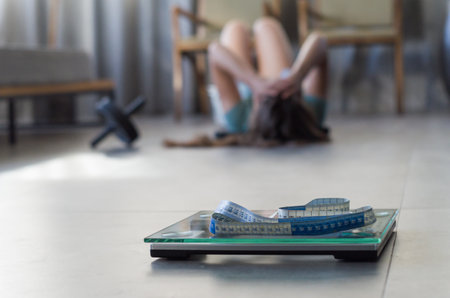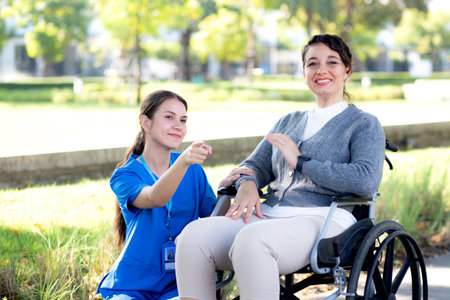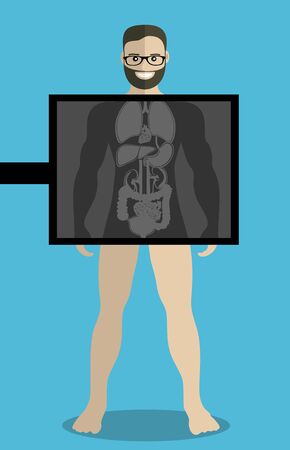Evidence-Based Benefits of Resistance Training Aids in UK Rehabilitation Practices
1. Introduction to Resistance Training Aids in UK RehabilitationResistance training aids have become an integral part of rehabilitation practices across the United Kingdom, supporting patients in their journey towards optimal recovery and improved quality of life. From elastic resistance bands and free weights to advanced pulley systems and functional trainers, these tools are now commonplace…
